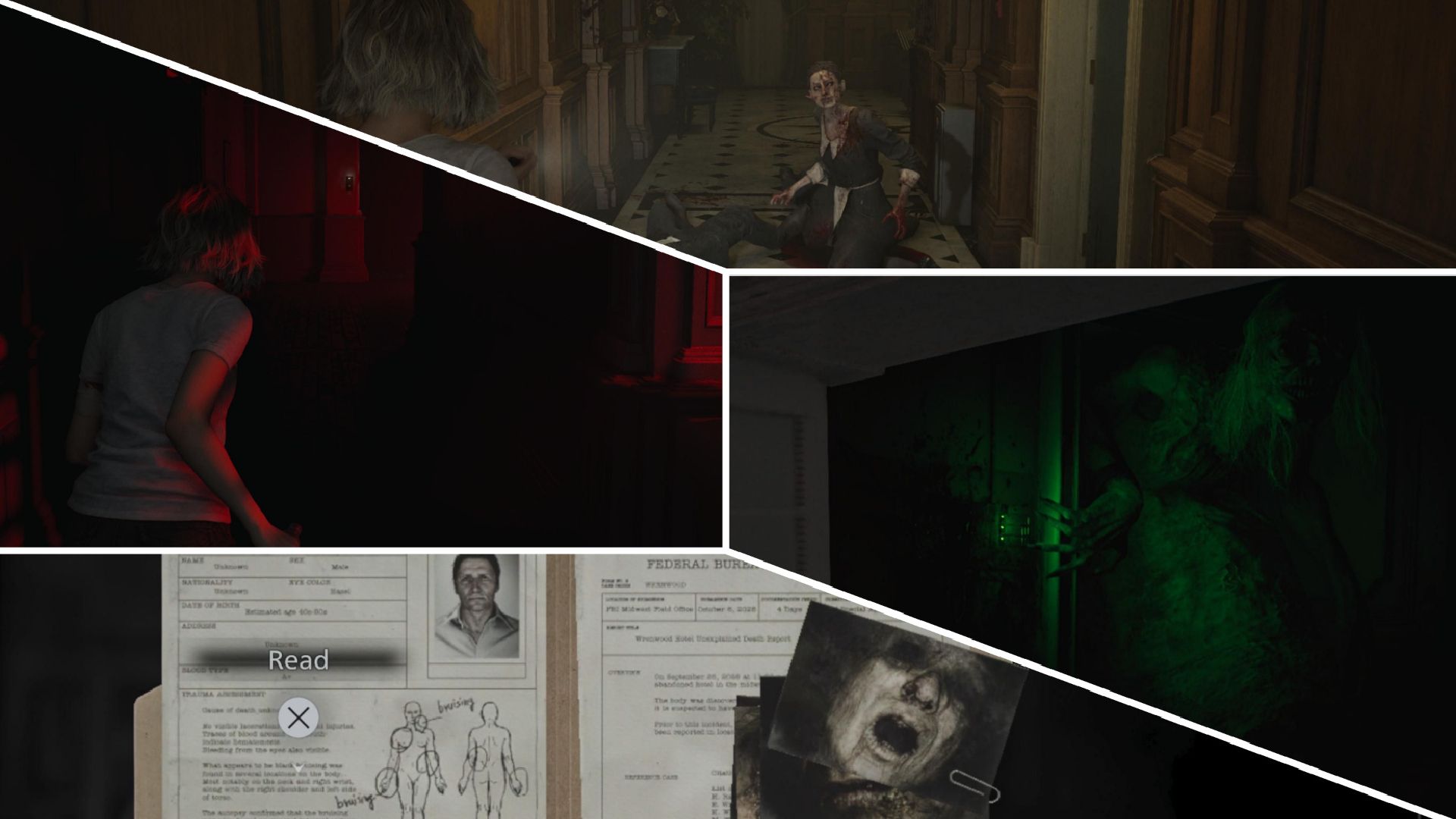Warsh Calls Bitcoin the Secret Weapon the Fed Can’t Ignore

On March 4th, the White House sent nominations to the Senate for key positions at the Federal Reserve. They nominated Kevin Warsh from Florida to be the new Chairman of the Board of Governors and also to serve on the board itself. If the Senate confirms him, Warsh would replace the current Chairman, Jerome Powell.





